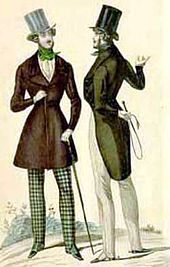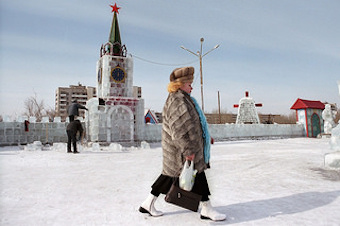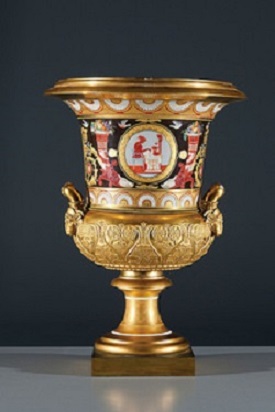As our electronic “communication” devices spin us around, we sometimes feel that we’re losing what little grasp we had of our individual pasts as they recede ever more rapidly behind us. The attention-deficit disorder intensified by mobile devices, wishful thinking about multitasking and our fear of what self-reflection can dredge up have led to a growing feeling that we’re going through life in a daze, with less and less understanding of how we came to be the people we are. (And psychoanalysis is far too expensive.)
Life is brief enough without so much of it disappearing into a false-urgency fog of text messages, and we too often confuse mere activity with achievement and progress.
In the early 20th century, Marcel Proust, in a fraught but much slower era than ours, strove to recapture, through literature, emotions, sensory perceptions and thoughts as they were experienced in the past. It was a way of justifying his life and fending off a sense of waste. It wasn’t exactly a search for immortality, but a first cousin.
And consider the new movie “Boyhood,” by director Richard Linklater, filmed in “real time” from when a boy named Mason (played by Ellar Coltrane) is 6 until he’s 18. The movie is about how time changes and doesn’t change us.
Then there’s Norwegian writer Karl Ove Knausgaard’s long autobiographical novel “My Struggle” (“Min Kamp” in Norwegian). As Simon Prosser wrote in The Guardian, Mr. Knausgaard’s book collapses “the wall between author and writer as you live his life alongside him” since his youth. He is trying to corral the horses of memory before they run off and disappear. After all, we are our memories. (That “My Struggle” is also the English name of Hitler’s hideous book, “Mein Kampf,” has aroused anger; Mr. Knausgaard seems to have merely sought to grab readers’ attention with the title.)
Another notable attempt to recapture time is the work of W.G. Sebald, the late German writer, with its eerily oblique references to World War II and the Holocaust.
Are many people pushing back against the accelerating speed and hyper-complication of modern life as they feel their histories evaporating? Will they try to live more fully in the present moment so that they have richer pasts to remember? Text me your answer ... .
A new book called “Essentialism: The Disciplined Pursuit of Less,” by Greg McKeown, might help us push back.
***
“You have been given the choice between war and dishonor. You have chosen dishonor, and you will have war.”
So said Winston Churchill, in 1938, referring to British and French attempts to appease Hitler at the Munich Conference.
The West may finally be seriously confronting revanchist Russia, run by a brutal, cynical and kleptocratic dictator. Vladimir Putin, by seizing Crimea — part of Ukraine, a large and sovereign European nation! — and continuing to attack this neighbor, has even more clearly shown himself to be a duplicitous tyrant. Ignore his regime’s Joseph Goebbels-style propaganda.
Myopic and rather decadent Western Europe, tied far too tightly to Russia’s largest industry, fossil fuel, would suffer a bit (though far less than the Kremlin) by taking strong measures against Russian aggression. But it would suffer much more if it continued its appeasement, based to no small degree on wishful thinking.
Slash trade with Russia and give all practical military and intelligence aid to Ukraine (no, not troops on the ground) so it can properly defend itself. Or wait until Putin starts terrorizing Poland and the Baltic Republics.
I’ll bet Ukrainians wish they had joined NATO.
***
The suburban office parks that started to go up in the 1950s in the golden age of the automobile and cheap gasoline, are, like suburban malls and big-box stores, generally boring and sterile places, with forgettable knock-off Modernist or Post-Modernist architecture and vast parking lots. Most have not aged well.
But as part of a growing desire, especially among young adults and Baby Boomers, to live in places with a greater sense of community and more convenience than suburban tracts, developers are turning some old office parks into mixed-used complexes with housing, retail, office and even (in few places) light manufacturing. In other words, turning them into new villages. I thought of this when driving around the Boston area lately and reading Jay Fitzgerald’s July 27 Boston Globe story, “Developers take steps to reinvent suburban office parks.”
Some of the office parks’ buildings can be fairly easily retrofitted for new uses, and some of the parking lots replaced by buildings and green space. Much of the success of this reinvention will depend on getting more public transportation, more space for bikes — and golf carts.
Robert Whitcomb oversees New England Diary.












